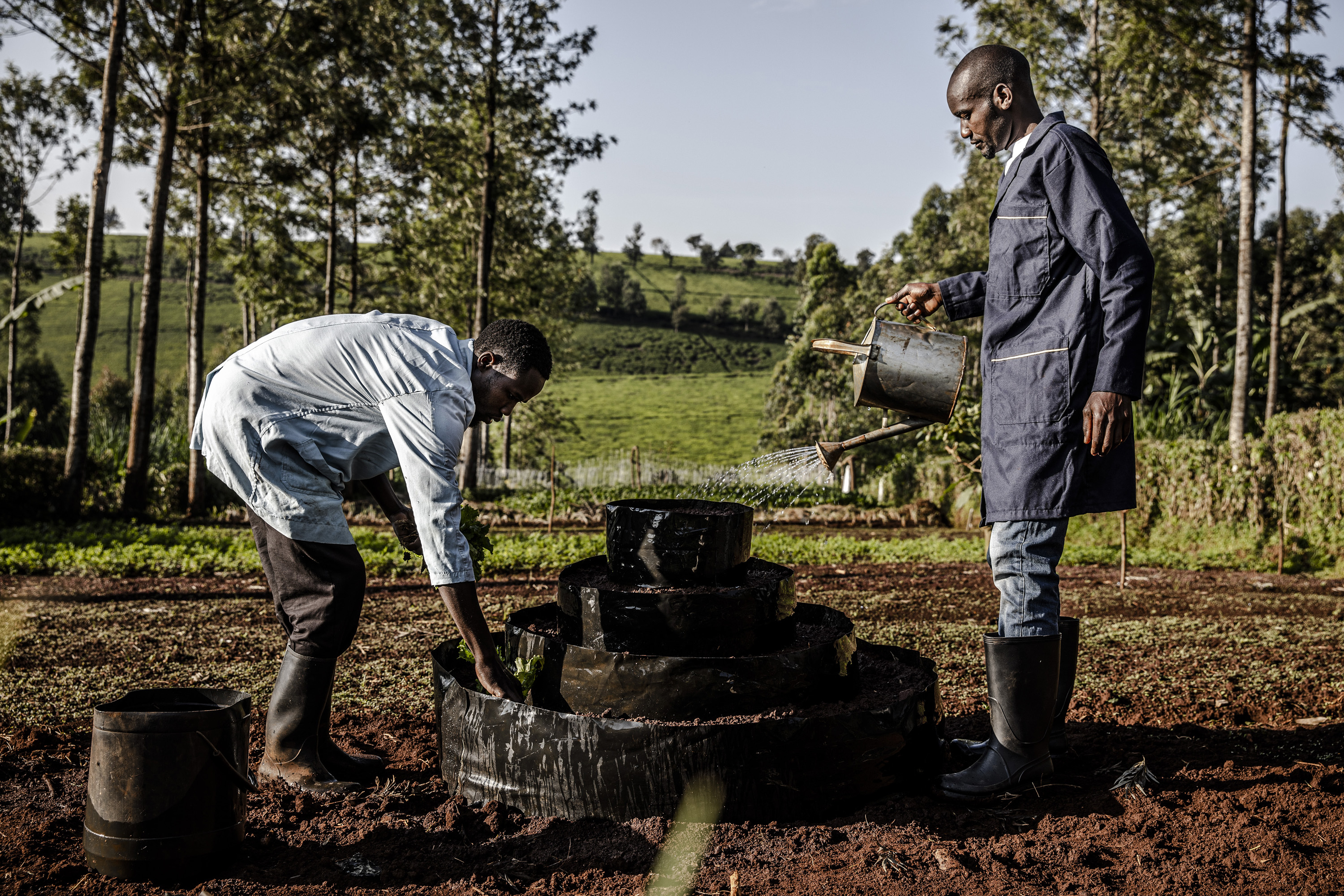Agri investment appraisal training to unlock more financing toward the sector

To adequately invest in the agri-food sector, one has to put in perspective the investment’s potential value with the different risks involved, and put mitigation and monitoring measures in place.
In Uganda, the Food and Agriculture Organization of the United Nations’ (FAO) Investment Centre, through the AgrInvest project funded by the European Union, have been carrying out agri investment appraisal training for the Ugandan Development Bank (UDB) staff to enhance the Bank’s portfolio in the agri-food sector.
The Bank seeks to become a leading business partner in agriculture and food-related businesses, with Uganda representing a fantastic opportunity for private investments in the sector.
Agriculture is a strategically important sector for Uganda, accounting for a quarter of the country’s gross domestic product and employing two-thirds of its labour force. The land-locked country is facing a growing demand for food, both domestically and in the East African region. It has all the ingredients necessary to achieve this food production increase, from fertile land to water as well as farmers and finance (thanks to UDB and other banks).
Learning to mitigate agri-risk
Risk management is the process of identifying, analyzing, mitigating and monitoring uncertainty. It is an essential part of the investment process. Uncertainty cannot be eliminated, but risks can be calculated.
The first set of trainings took place in 2020 and 2021, where 15 UDB staff from the Investment, Credit and Risk Departments were introduced to a simple and pragmatic agri-risk management methodology.
In 2022, a follow up in-country training was conducted with the objective to help UDB to do more in the agriculture and agri-processing sectors and increase the quality of its portfolio in this industry.
“Financing agri-food investments can be very profitable, especially in Uganda. There are however a lot of misconceptions about the sector. For a public development bank like UDB to successfully finance private agri investments with a positive development impact, it is essential for investment and credit officers to develop a common methodology for the appraisal of these projects,” said Alexandre Kaufmann, FAO’s Investment Support Officer and trainer in agri risk management.
Training using concrete examples
By using 15 existing projects submitted to UDB credit committee in the past months, these concrete analysis and local examples showcased the investment appraisal methodology, challenged some myths associated with agri-food financing and presented guiding principles that help to make the investment decision.
This exercise will allow UBD’s investment and credit officers to apply these appraisal skills and tools to the next projects to be assessed the Bank. The training was also an opportunity to present the investment appraisal methodology to UDB’s Management.
“The training was eye opening especially on the decision making metrics used to assess if a project is worth investing in as a development bank or an individual,” said Steven Kakonge, UDB’s Senior Investment Manager Agriculture.
